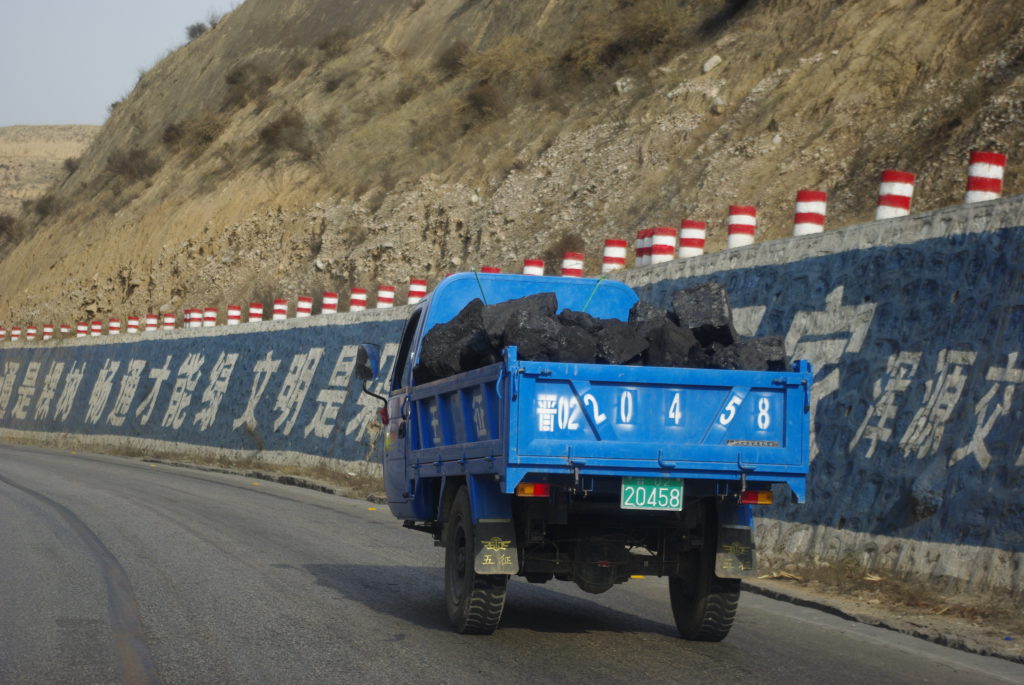The Peninsula
Chinese Coal Imports from North Korea Surge in December, Despite Hard Sanctions

By William Brown
Chinese Customs reported yesterday that imports of North Korean anthracite surged in December, despite late November UN Security Council sanctions that are supposed to curtail North Korea’s coal sales, its biggest foreign exchange earner. The new data shows North Korea exported to China 22.5 million tons of anthracite worth $1.2 billion in all of 2016 and 2 million tons worth $168 million just in December. The Security Council, including China, has declared an export limit of 7.5 million tons for 2017, or $401 million, whichever is lower, but it also imposed a limit only for December 2016, of 1 million tons or $53 million. North Korean exports—all of which go to China–for the month was thus twice the approved volume and three times the approved value, not a good harbinger for this latest in a long series of UNSC sanctions on North Korean nuclear and missile activities.
China’s Commerce Department had said on Dec 11 that, as of that date, it had ordered a stop to the coal trade for the rest of the month, except what had already been shipped, probably realizing the monthly total was going to be far higher than its diplomats had promised. But the order may also have meant to exclude shipments under contract and that may be what has flowed in. China’s thermal coal market has been in turmoil since last summer when high air conditioning demand combined with a government ordered shut-down of inefficient and dangerous small mines caused a shortage of coal for electric power plants. Prices more than doubled and imports from all sources surged. Chinese prices continued to rise through mid-December but have since dropped, suggesting January imports from North Korea will be much less regardless of sanctions.
The UN sanctions committee will have a difficult time sorting out what this means for the 2017, coal limits, which in theory should cut North Korea’s foreign exchange earnings by close to $1 billion. Last year, despite separate sets of sanctions imposed in April and November, North Korea probably earned more than it did in 2015, questioning the efficacy of the whole sanctions program. China’s full-year data, also released yesterday, showed its imports of all commodities from North Korea rose 6 percent to $2.6 billion, and its exports rose 8 percent to $3.2 billion. (This excludes $300-400 million in Chinese crude oil exports which Chinese Customs authorities exclude from their otherwise comprehensive and timely data releases.) North Korea probably funded this $600 million deficit with service earnings, including remittances from overseas workers around the world; foreign aid amounts; and Chinese and other’s investments. But the bottom line for the year is that despite the “toughest ever sanctions” Pyongyang was able to significantly increase both exports and imports, at least in its trade with China.
William Brown is an Adjunct Professor at the Georgetown University School of Foreign Service and a Non-Resident Fellow at the Korea Economic Institute of America. The views expressed here are the author’s alone.
Photo from Martin Lopatka’s photostream on flickr Creative Commons.
